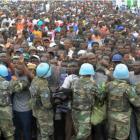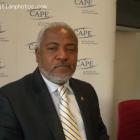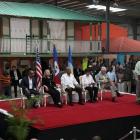ADVERTISEMENT
Child
Haitian children fathered by U.N. peacekeepers
Here is a picture of Haitian children fathered by U.N. peacekeepers.
The U.N. peacekeeping force, MINUSTAH, was sent to Haiti in 2004 to keep order following a movement that toppled President Jean-Bertrand Aristide. since, some peacekeepers have been accused of several abuses including rape, using excessive force, introducing cholera and fathering children in some cases with under age women.
A recent report released by the United Nation has brought to light the dark side of the U.N personnel-- sexual exploitation and abuse against civilians while they were stationed in countries plagued by conflict and natural disaster. The revelation came after interviewing 231 people in Haiti, who claimed that they were forced to perform sexual acts with the UN peacekeepers in exchange for 'basic necessities'. In the past, the UN workers were accused in a similar way of fathering and subsequently abandoning children at the end of their deployment in Cambodia, Mozambique, Bosnia, Sudan, Kosovo, Guinea, Liberia and Sierra Leone. A report reveals that UN Peacekeepers fathered 24,500 babies in Cambodia and 6,600 in Liberia. The U.N. force in Haiti currently includes 4,899 uniformed personnel, a combination of military and civilian police, from more than a dozen countries. As per Ghandi Shukry, the head of a Conduct and Discipline Unit in the U.N. mission, 29 claims for paternity have been submitted against MINUSTAH to the U.N. in Haiti and 18 of them were classified as 'victims', because they were receiving some kinds of supports. There are many unreported instances of non-payment where the women took the badges of the peacekeepers and threatened to reveal their infidelity via social media. However, in 2003, the U.N Secretary General circulated a bulletin on "Zero Tolerance Policy" in this regard.
Human Trafficking In Haiti
Haitian children trafficked for sex and labor to the Dominican Republic and The Bahamas. The majority of trafficking cases are found among the estimated 90,000 to 300,000 restaveks in Haiti, and the 3,000 additional restaveks who are trafficked to the Dominican Republic.
Haiti for being the poorest country in the Western Hemisphere is a primary source for human trafficking. It is a country where 80% of the populations live below the poverty line and 54% are in abject poverty. A large number of Haitian children are regularly trafficked for sex and labor to the neighboring Caribbean countries, mostly to the next door neighbor Dominican Republic. Child domestic workers ("restavec" in Creole) are perhaps amongst the most exploited sectors in Haiti of whom 65% are girls between the ages of 6 and 14. Most of Haiti's trafficking cases are restaveks. In a UNICEF report following the 2010 earthquake, it was found that homeless children, children separated from families and many children picked up from the hospitals were shipped outside the country for money. Some of the trafficking agencies work in the disguise of child adoption organizations. The Government of Haiti employs very minimum efforts and made limited progress in anti-trafficking activities, neither it provides any direct or specialized service to the trafficking victims.
Some 25% of Haitian children suffer from intestinal parasites
It is estimated that close to 25% of Haitian children are suffering from intestinal parasites.
A study conducted by Ministry of Public Health and Population; Ministry of Education, and National Directorate of Water Supply and Sanitation reveals 25% of children from 6 to 15 are infected with intestinal parasites.
Haiti has no quarantine law, and Haitians don't understand the deadly consequences of the parasites: abdominal pain, anemia, memory loss, and in some cases death.
Mobile school clinics have been deworming the student population ". . . but re-contamination is problematic."
No Place Like Home Orphanage, Clercine Port-au-Prince
The family that prays together stays together. They also build their lives together in faith and open an orphanage to offer shelter and love to needy children--at least this family did. Jacques and Marie Alexandre both graduated in 1988 from Arlington Baptist College. They would soon found their Baptist church and minister to nearly 900 people on a weekly basis after a humble beginning from the confines of their living room. Their conversion number grew from 31, when still just a home-run project, to now nearly 5000 conversions and baptisms from 1989 to the last count in 2010.
The couple did work in the early part of the new millennium to educate and feed nearly 100 children on the island. 2010 and the January earthquake that killed so many was a pivotal year for the couple and their ministry. Both survivors, they added more Feeding Centers and schools near Petion-Ville and in Leogane. It was during this period that they opened the orphanage in the country's capital called No Place Like Home.
Just 10 minutes away from the Port-au-Prince International Airport, the orphanage currently takes care of nearly 30 children and finds itself in need of assistance to grow its number and remain sustainable. The couple currently use funds meant for construction to keep the facility operational, and count on the kindness of sponsors to keep them running. Donating to the facility attracts no administrative fees, allowing all the money given to go towards the operational costs of running the orphanage.
Address:
Clercine 14-A Impasse, Obama # 4 - Port-au-Prince
1-800-429-3369 ext. 186
All God’s Children International
All God's Children International was started in 1991 to give care to orphans who deserve to be loved and cherished. The non-profit organization operates under an Orphan Care Program, which gives help to partner homes where children are cared for all day, an Orphan Prevention Program that seeks to help vulnerable women, widows, and children at risk to reunite and stabilize their families, and an Adoption Program which places orphans with loving families. One may contact them at 404 e. 15th, suite 14, Vancouver, WA 98663, call at 503-282-7652, or visit allgodschildren.org/
CCCWA Adoption Services
Adopting a child from the EAC adoption agency can be a more seamless matter if one knows the criteria. Children up for adoption are over 3 months old, and they may be adopted by natives or foreigners who are either legal relatives (evidence of which must be shown), or at least nine years older than the child. Relatives over 50 may also adopt, and the families may have in their home any number of children, biological or adopted, already. You may find the EAC at 12608 Alameda Drive, Strongsville, OH 44149 or at adopt@eaci.com
The CCAI Adoption agency
The CCAI Adoption agency was instrumental in providing care for abandoned or orphaned children throughout the years, but especially following the events of the earthquake in 2010. With international adoption services and other humanitarian aid, the agency has earned its 2013 accreditation with Haiti's main international adoption authority, IBESR as an OAA, or an Organization Approved for Adoption--a first for the country. The agency may be reached at:
Address: 6920 South Holly Circle, Centennial, Colorado 80112
Phone: 303-850-9998
Fax: 303-850-9997
Email: mail@ccaifamily.org
haitiadoption.org
Most young children in Haiti will only see a hard life
Here is a picture of some innocent school children in Haiti
There is one group of Haitians who doesn't believe that election in Haiti will do anything for them. This group, although considered to be the largest group of the population, has always been ignored in so many aspects. This is the group where you will find the highest rate of unemployment, the highest rates of violence, the highest rate of imprisonment and also the highest rates of death. Most of the youth in Haiti have seen a hard life. They are the youth of Haiti
As legislative, presidential, and local elections approach later in 2015, one segment of the population will not bother to show up at the ballot box, its youth.
Young people want to elect their representatives, but are aware politicians could care less about their views. They suffer more unemployment, violence, incarceration, and death than other age groups.
Haitian well-to-do and moderate-income citizens dismiss youth as thugs and think they possess little value to society.
SOS Children's Villages in les cayes,
Here is the most recent SOS Children's Villages built in Haiti. It is located in the city of Les Cayes
SOS Children's Villages (SOSCV) will launch its newest children's village in Les Cayes in January 2015. COO Hanne Rasmussen says the new village emphasizes SOSCV's ". . . commitment to providing vulnerable children with a loving home"
SOSCV Les Cayes has been made possible by donations from its member organizations in northern Europe and the USA.
SOSCV invests in education, community and vocational training centers, as well as its other villages in Port-au-Prince and Cap-Haitien.

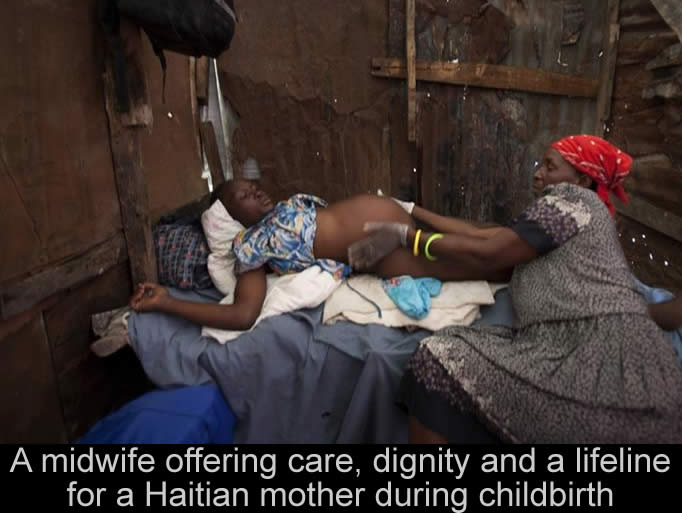
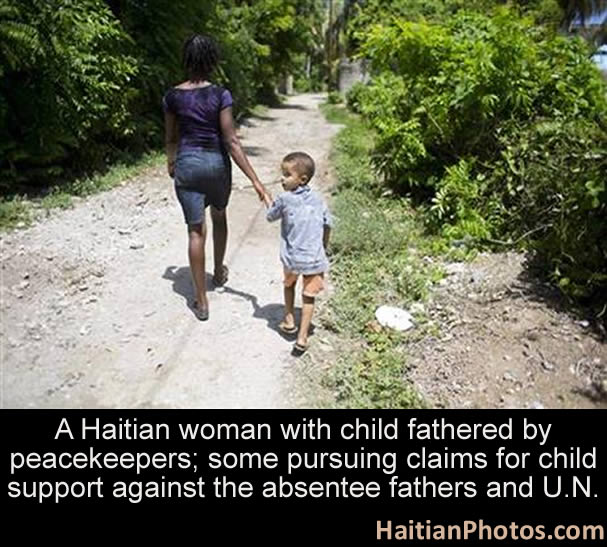
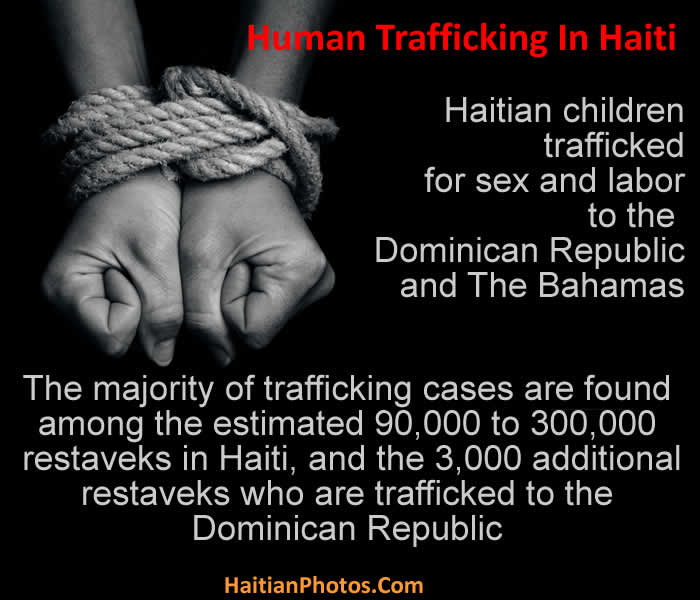
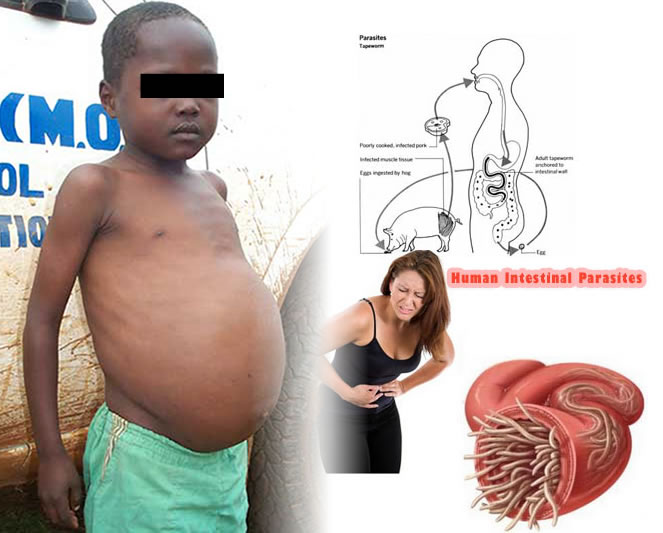
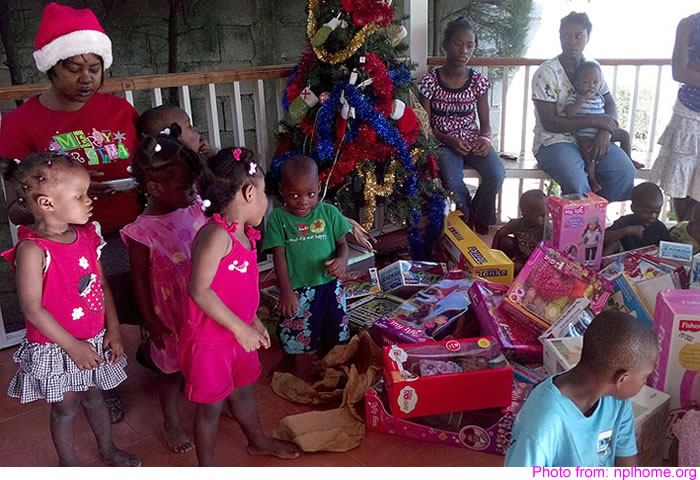


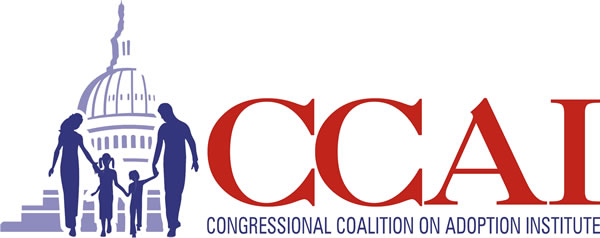
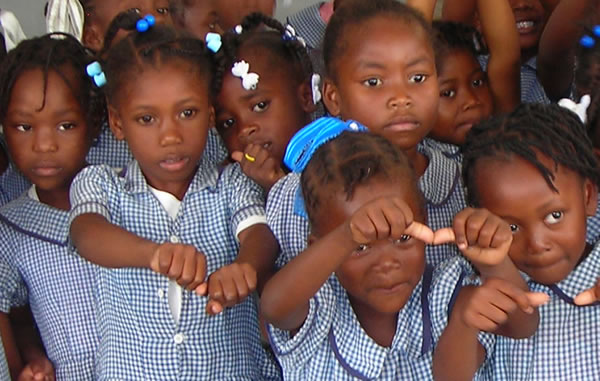
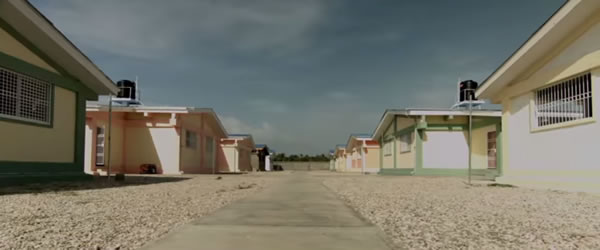
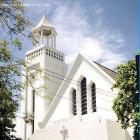 Nouveau College Bird in Port-au-Prince, Haiti
Nouveau College Bird in Port-au-Prince, Haiti  Gas Station In Haiti
Gas Station In Haiti  Philippe Vorbe entered world football Hall of Fame, CONCACAF
Philippe Vorbe entered world football Hall of Fame, CONCACAF 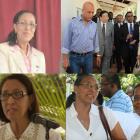 Dr. Michaëlle Amédée Gédéon is dead
Dr. Michaëlle Amédée Gédéon is dead 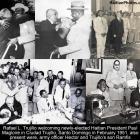 Rafael L. Trujillo welcoming Paul Magloire in Santo Domingo
Rafael L. Trujillo welcoming Paul Magloire in Santo Domingo 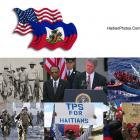 Haitians, the second largest black immigrant group in the US
Haitians, the second largest black immigrant group in the US  Haitiano-Japanese Naomi Osaka wins the US Open against Serena...
Haitiano-Japanese Naomi Osaka wins the US Open against Serena... 